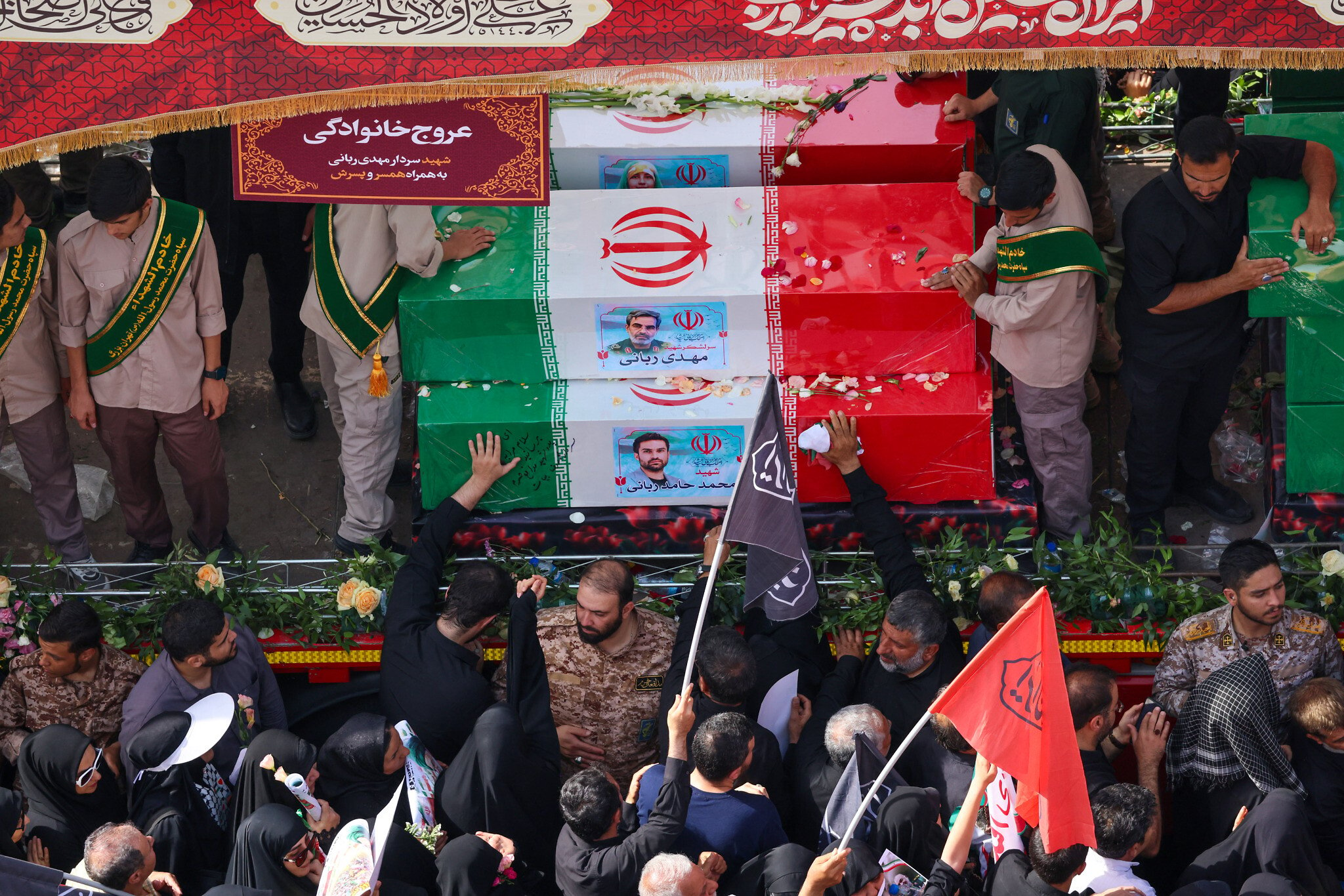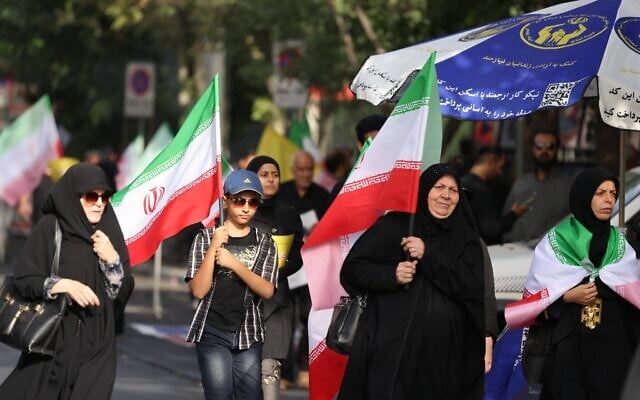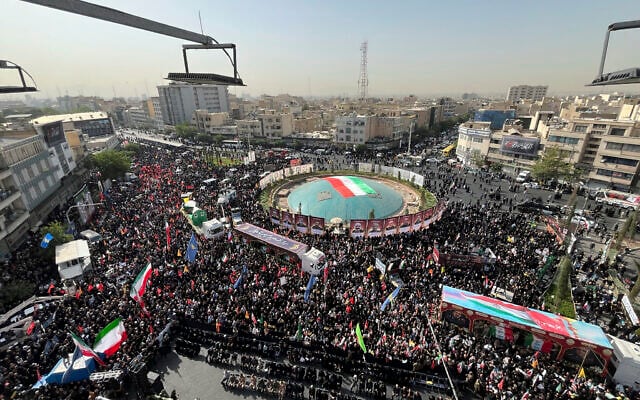



Iran is highly doubtful that Israel will maintain the ceasefire that ended an air war between the two countries, the Iranian armed forces chief of staff told Saudi Arabia’s defense minister on Sunday, according to Iran’s semi-official Tasnim news agency.
“We did not start the war, but we have responded to the aggressor with all our power,” Abdolrahim Mousavi was quoted as saying by state television, referring to Israel.
“We have serious doubts over the enemy’s compliance with its commitments, including the ceasefire. We are ready to respond with force” if attacked again, he added, six days into the truce announced by US President Donald Trump.
An agreement between the two countries was reached last week after 12 days of intense conflict that began when Israel launched a bombing campaign in Iran on June 13 that killed top military commanders and scientists linked to its nuclear program.
Israel’s Defense Minister Israel Katz said Friday that he had instructed the IDF to “prepare an enforcement plan” against the Islamic Republic that “includes maintaining Israel’s air superiority, preventing nuclear advancement and missile production, and responding to Iran for supporting terror activity against Israel.”
“We will act regularly to thwart such threats,” he added.

Israeli forces targeted top military leaders, nuclear scientists, uranium enrichment sites and the country’s ballistic missile program to dismantle what it called an “existential threat” posed by the Islamic Republic. Iran’s leaders have repeatedly vowed to eradicate Israel, and fund a so-called Axis of Resistance of terror proxies in the region that attack Israel.
Iran responded by launching over 500 ballistic missiles and around 1,000 drones at Israel, killing 28 people and wounding thousands, according to health officials. The missiles hit apartment buildings, a university and a hospital, as well as critical infrastructure sites, causing heavy damage.
The United States joined Israel in its campaign during the war, carrying out strikes on three key facilities used for Iran’s atomic program.

Trump has threatened further strikes should Iran enrich uranium to levels capable of manufacturing nuclear weapons.
Iran had been enriching uranium to 60 percent, a level that has no civilian application, and a short step from the 90% needed for a weapon.
According to Iran’s health ministry, at least 627 civilians were killed and 4,900 injured during the 12-day war with Israel.
The brief war ended on Tuesday after Trump announced that the two sides had reached a ceasefire agreement.
Israel argues it significantly set back Tehran’s nuclear capabilities, though assessments as to the exact extent of the damage have varied.
